Does Fewer Toys Mean Happier Kids? Exploring Minimalism for Children
In a world where consumerism and materialism are rampant, embracing minimalism has become a refreshing way to find true happiness and peace. But minimalism is not just for adults; it can positively impact the lives of children as well.
In this article, we will explore the concept of minimalism for kids and how having fewer toys can lead to greater happiness and development.
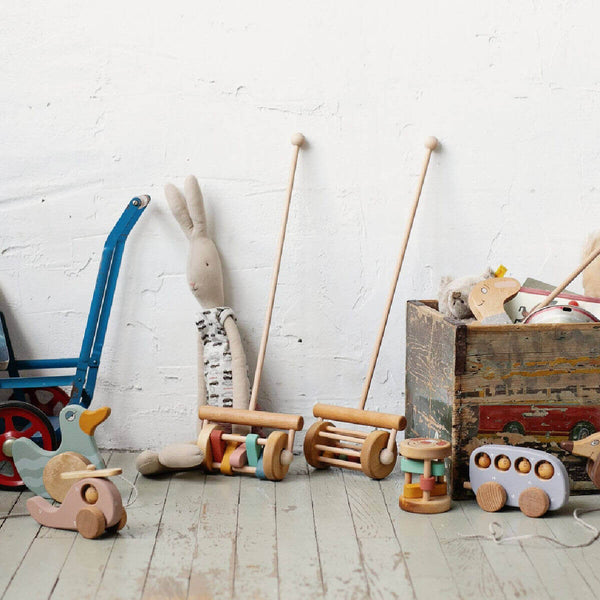
Children are often bombarded with an overwhelming number of toys, resulting in a cluttered environment and a lack of appreciation for what they have. By practicing minimalism, parents can teach their kids the value of quality over quantity and the importance of mindfulness. With fewer toys, children are encouraged to be more creative, imaginative, and resourceful, as they learn to make the most out of what they have.
Moreover, minimalism promotes mindful consumption and reduces waste. It teaches children the significance of sustainable living, making them aware of the impact their choices have on the environment. By embracing a minimalist lifestyle, kids can develop a deeper sense of gratitude, empathy, and resilience.
Join us as we explore the benefits of minimalism for kids and unlock the secrets to fostering happiness and development through fewer toys.
Children are often bombarded with an overwhelming number of toys, resulting in a cluttered environment and a lack of appreciation for what they have. The constant influx of toys can lead to overstimulation and a sense of entitlement, making it difficult for children to find satisfaction in what they already own. Moreover, excessive toys can hinder a child's ability to develop essential life skills such as creativity, problem-solving, and resourcefulness.
Research suggests that having too many toys can actually impair cognitive development in children. A study conducted by the University of Toledo found that toddlers with fewer toys engaged in longer periods of play and showed higher levels of creativity and imagination. On the other hand, toddlers with an excess of toys exhibited shorter attention spans and struggled to engage in sustained play.
By practicing minimalism, parents can teach their kids the value of quality over quantity and the importance of mindfulness. With fewer toys, children are encouraged to be more creative, imaginative, and resourceful, as they learn to make the most out of what they have. They are more likely to engage in open-ended play, where they use their imagination to transform everyday objects into something magical.
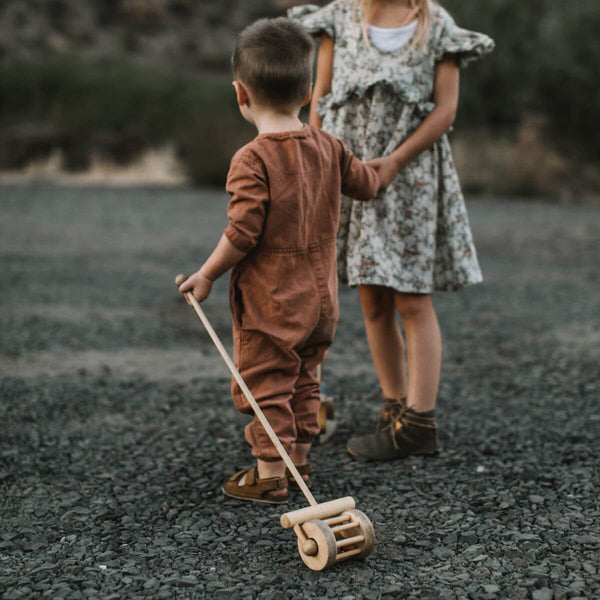
Minimalism offers a multitude of benefits for children, beyond just decluttering their spaces. By reducing the number of toys, parents can create an environment that fosters imagination, creativity, and critical thinking. With fewer distractions, children are more likely to engage in imaginative play, which helps develop their cognitive, emotional, and social skills.
Additionally, minimalism promotes mindful consumption and reduces waste. It teaches children the significance of sustainable living, making them aware of the impact their choices have on the environment. By embracing a minimalist lifestyle, kids can develop a deeper sense of gratitude, empathy, and resilience.
When children have fewer toys, they are forced to think creatively and use their imagination to entertain themselves. Instead of relying on pre-packaged toys with limited functions, they learn to create their own games, stories, and adventures. This type of play allows children to explore their creativity, problem-solving skills, and social interactions.
Minimalism encourages children to use their environment as a source of inspiration. By providing simple and versatile toys, such as building blocks, art supplies, or dress-up clothes, parents can stimulate their child's imagination and encourage open-ended play. This type of play allows children to develop their own narratives, problem-solve, and engage in cooperative play with others.
Minimalism goes beyond decluttering and reducing the number of toys. It also emphasises the value of experiences over material possessions. By shifting the focus from accumulating things to creating memories, parents can help children develop a deeper appreciation for moments shared with loved ones.
Parents can prioritise experiences such as family outings, nature walks, museum visits, or cooking together. These activities not only create lasting memories but also teach children the value of quality time, connection, and shared experiences. By emphasising the importance of experiences, parents can help children develop a sense of fulfilment that goes beyond material possessions.
Implementing minimalism in your child's life doesn't have to be a daunting task. Here are some practical tips to get started:
1. Involve your child in the process: Explain the concept of minimalism in a way that they can understand and involve them in decluttering their toys. Encourage them to choose which toys they truly love and want to keep, and donate or sell the rest.
2. Rotate toys: Instead of having all toys out at once, consider creating a toy rotation system. This allows children to have a smaller selection of toys available at a given time, promoting creativity and preventing overwhelm.
3. Encourage open-ended play: Provide toys that have multiple uses and can be used in various ways. Building blocks, art supplies, and dress-up clothes are great examples of toys that promote open-ended play and creativity.
4. Focus on experiences: Prioritise experiences over material possessions. Plan family outings, playdates, or special activities that create lasting memories and foster connection.
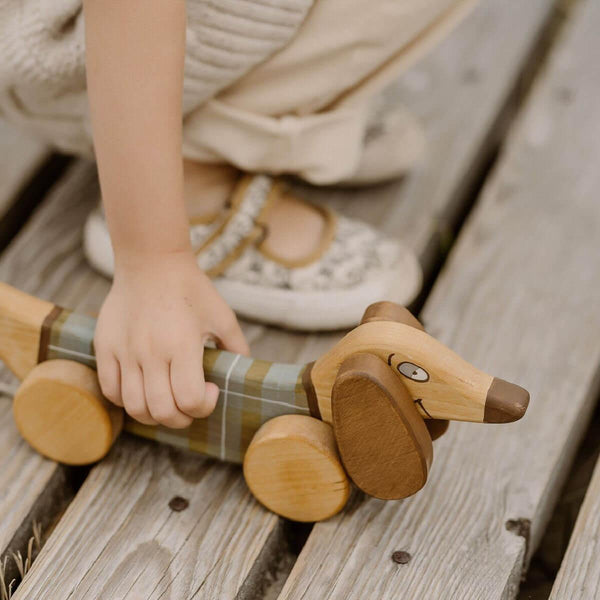
Creating a minimalist playroom or bedroom can significantly contribute to a child's overall well-being and development. Here are some tips to create a minimalist space for your child:
1. Declutter regularly: Regularly go through your child's toys, books, and clothes to remove items that are no longer used or loved. Keep only the essentials and donate or pass down the rest.
2. Organise with intention: Invest in storage solutions that promote organization and accessibility. Use clear bins or labels to help your child easily locate and put away their toys.
3. Create a calm environment: Choose calming colours and minimal decor to create a peaceful and inviting space. Avoid overwhelming patterns or excessive decorations that can distract from play and relaxation.
4. Emphasise open space: Leave plenty of open space for your child to move around, play, and explore. This allows for freedom of movement and encourages physical activity.
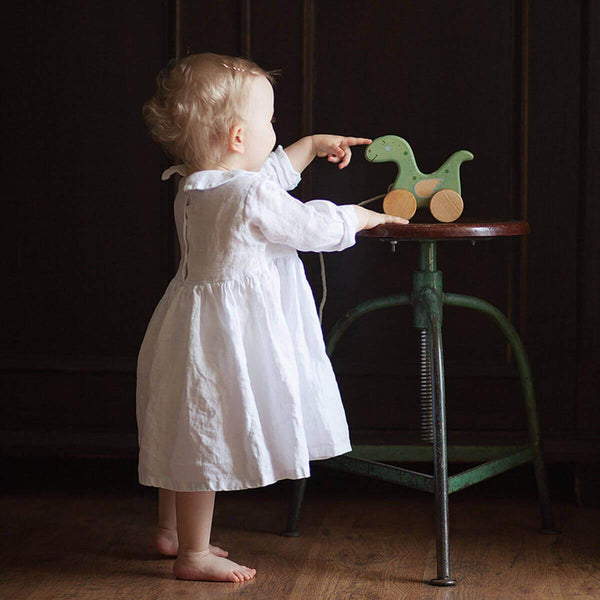
When it comes to gift-giving, minimalism doesn't mean depriving your child of joy. Instead, it encourages thoughtful and intentional gift choices. Here are some minimalist gift ideas for kids:
1. Experiences: Instead of physical gifts, consider gifting experiences such as tickets to a concert, a membership to a museum, or a day trip to the zoo. These experiences create lasting memories and promote quality time.
2. Consumables: Choose gifts that can be consumed and enjoyed, such as art supplies, books, or gourmet treats. These gifts provide moments of joy without adding clutter to your child's space.
3. Quality over quantity: Instead of buying multiple cheap toys, invest in high-quality heirloom wooden toys that are durable and can be enjoyed for years to come. Choose toys that encourage open-ended play and stimulate imagination.
Minimalism and sustainable living go hand in hand. By embracing a minimalist lifestyle, children can learn the importance of conscious consumption and its impact on the environment. Here are some ways to teach kids about sustainable living:
1. Reduce, reuse, recycle: Teach children about the importance of reducing waste, reusing items, and recycling. Encourage them to be mindful of their consumption habits and make sustainable choices.
2. Teach about nature and the environment: Take children on nature walks, visit local parks, or plant a garden together. Teach them about the beauty of nature and the importance of preserving it for future generations.
3. Model sustainable practices: Be a role model for your child by practicing sustainable habits yourself. Show them how to save energy, reduce water consumption, and make eco-friendly choices in your daily life.
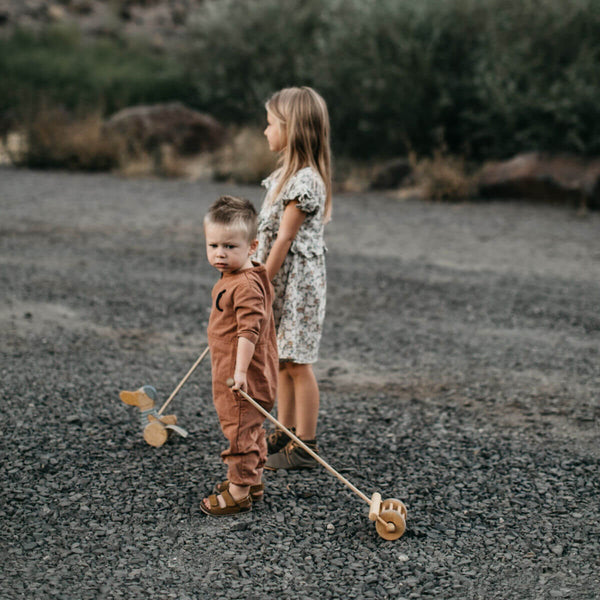
In a world where material possessions often take centre stage, embracing minimalism can provide children with a happier and more fulfilling childhood. By having fewer toys, children are encouraged to be more creative, imaginative, and resourceful. They develop a deeper appreciation for what they have and learn to prioritise experiences over material possessions.
Minimalism also promotes sustainable living and teaches children the importance of mindful consumption. By creating a minimalist playroom or bedroom, parents can provide a peaceful and organised space for their child to thrive. Thoughtful gift choices and teaching about sustainability further enhance the benefits of minimalism for kids.
By embracing minimalism for kids, parents can empower their children to live intentionally, foster creativity, and develop a sense of gratitude for the simple joys in life. So, let's embark on this minimalist journey together and create a childhood filled with happiness, imagination, and growth.
Choose Less, Play More
Embrace simplicity with thoughtfully crafted wooden toys that spark imagination without the clutter. Beautifully minimal, sustainably made — designed to do more with less.
Explore Wooden Toys



